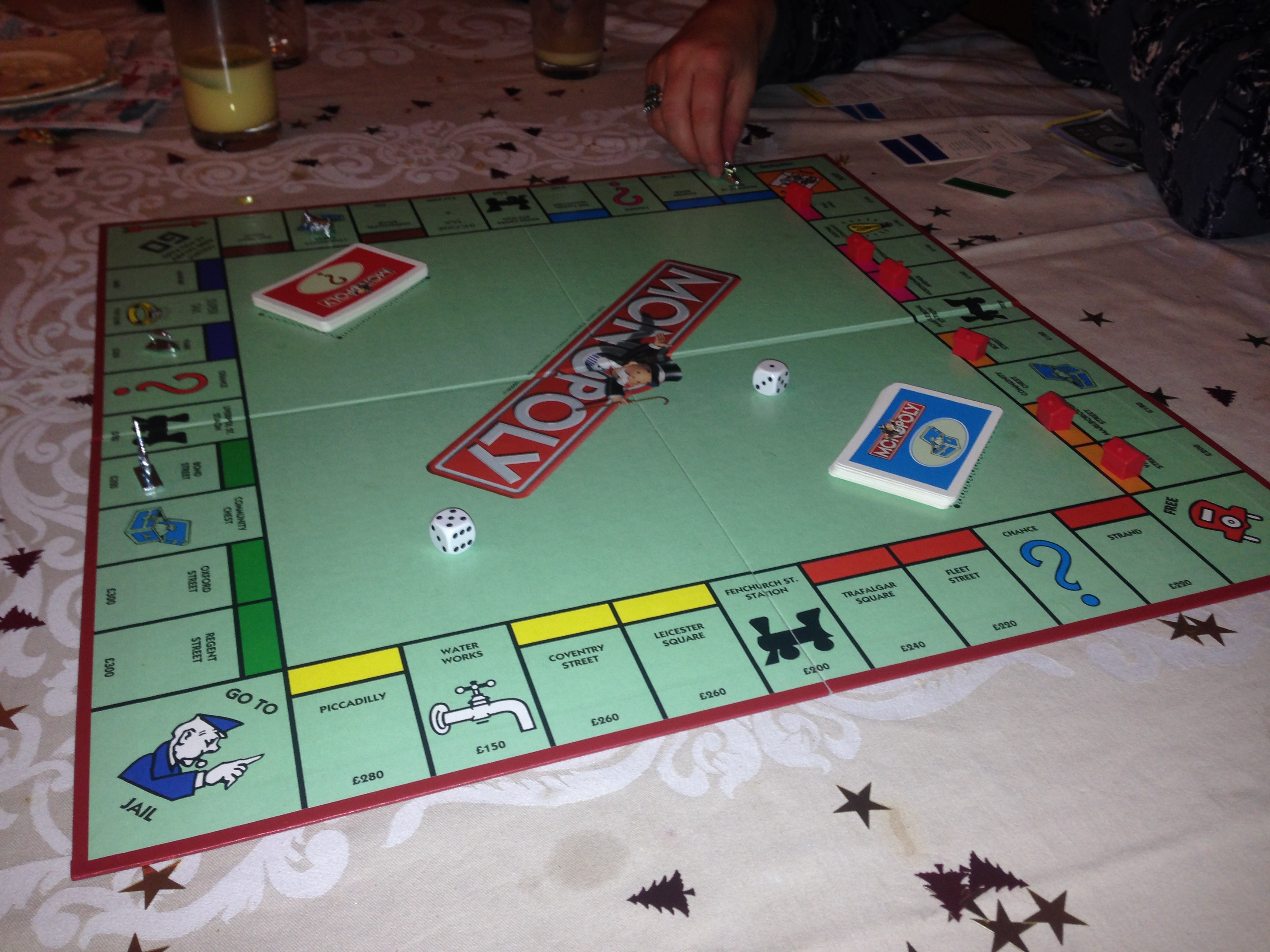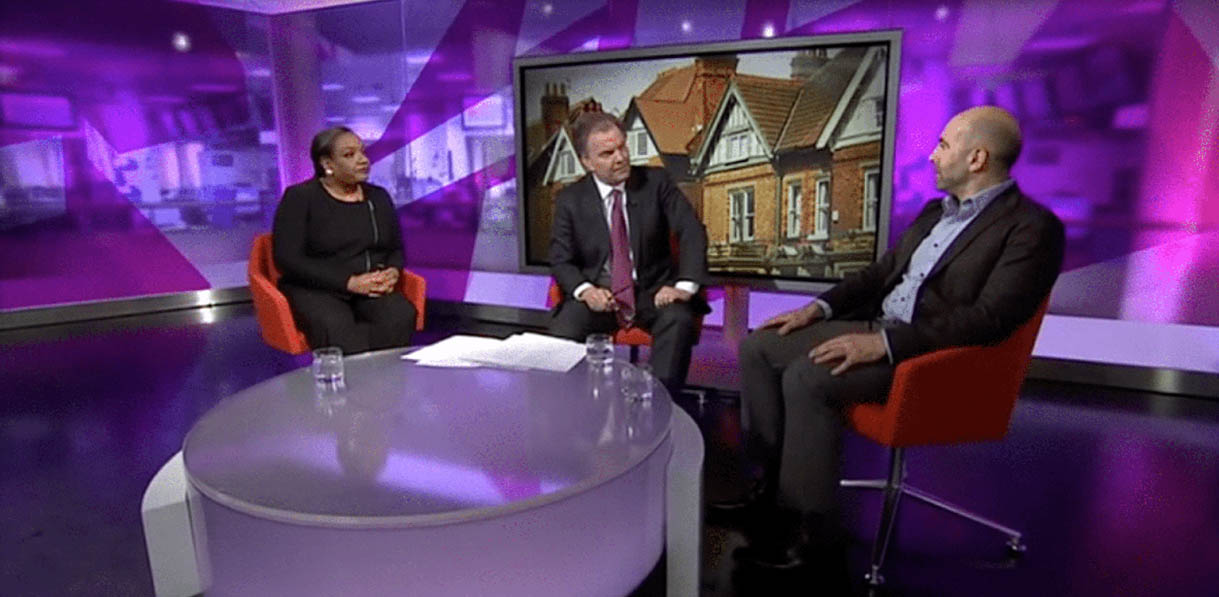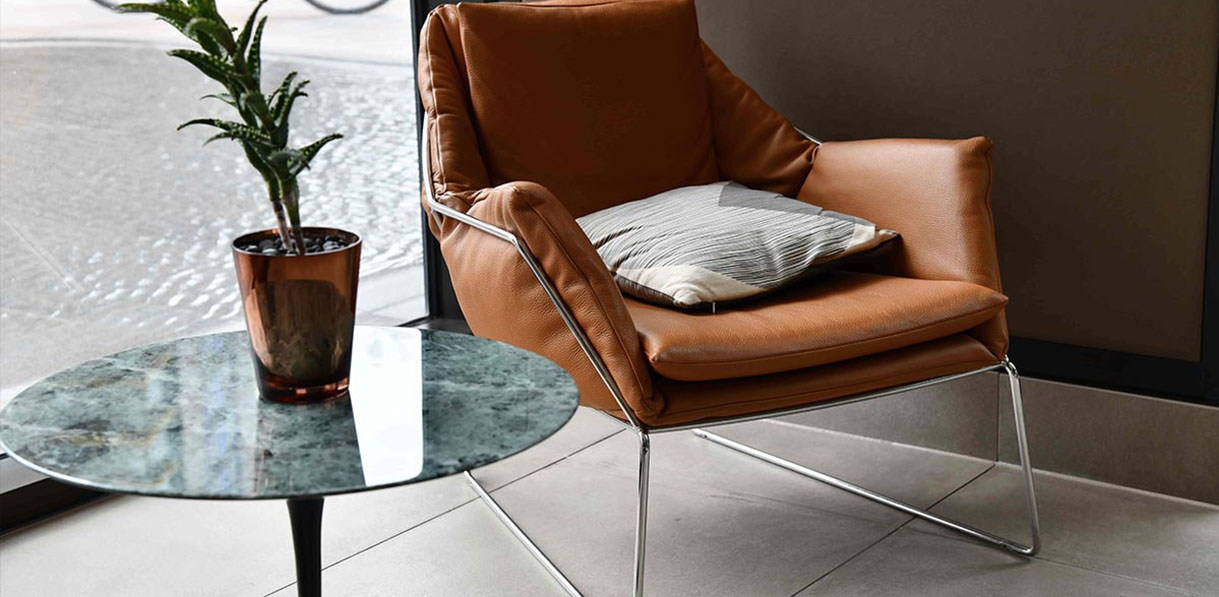 I grew up on a council estate called Yorke Drive in Newark, Nottinghamshire. I was back there this Christmas for a walk down memory lane. I had a modest upbringing, my parents worked in restaurants. My siblings and I were all keen to get on. We had paper rounds as soon as we reached the legal age of 14 and by 16 I had a regular shop job whilst studying for my GCSEs and A levels. My sister Isabel and I used to play Monopoly as children and I loved it. Mum banned me from playing it for a while because I used to talk about Mayfair and Park Lane in my sleep which she thought was probably not great for a kid aged eight! Isabel later went on to work in banking and was lucky enough to retire aged 48 on a healthy pension.
I grew up on a council estate called Yorke Drive in Newark, Nottinghamshire. I was back there this Christmas for a walk down memory lane. I had a modest upbringing, my parents worked in restaurants. My siblings and I were all keen to get on. We had paper rounds as soon as we reached the legal age of 14 and by 16 I had a regular shop job whilst studying for my GCSEs and A levels. My sister Isabel and I used to play Monopoly as children and I loved it. Mum banned me from playing it for a while because I used to talk about Mayfair and Park Lane in my sleep which she thought was probably not great for a kid aged eight! Isabel later went on to work in banking and was lucky enough to retire aged 48 on a healthy pension.
She joined me and the rest of the family on Boxing Day and after a few card games, Monopoly had an outgoing. As a seasoned investor and landlord, I try not to get too serious but I do find it difficult…. Monopoly of course doesn’t pretend to emulate the all important housing policy and tenant management dimensions aspects of our business. But I think it is a brilliant exercise in managing cashflow and your investment strategy. On that level it taught me some important basic concepts.
There were six of us playing, my older sister and neice bailed out within the first half hour, but the remaining four of us stuck it out for two and a half hours. In the first tour around the board you’re not allowed to buy anything, so the first key decision is what to do when you can buy anything you land on in the next round. I was really conscious that I only had the official £1,500 starting money and I didn’t want my cash to fall below about £600.
One of my sister’s friends Bob bought three railway stations. They are quite a nice earner if you get all four as other players have to pay £200 each time they land on them, but they have an important limitation: you can’t get any added value by building houses on them, so they are a no no for me.
I was really disappointed when my sister Conchita bought one of the blues: Pentonville Rd. I am a great fan of the browns and the blues. Although they don’t command huge rents, they are cheap and houses cost just £50 each. My next favourites are the oranges and the pinks, especially the oranges which command up to £600 with just three houses costing £100 each, so that’s a really good return on limited investment. That for me is the key issue: I want to invest but I also want to keep a serious cash buffer in my hand in case of any difficulties. The Chance and Community Chest cards requiring street repairs on houses and hotels had thankfully been selected by other players so I was safe in the knowledge they were unlikely to reappear soon.
My sister Isabel tends to go for the greens. But houses are £200 a piece and although the returns are good, the outlay is very high. It takes a long time to build up enough cash and by then somebody else might have got houses at the cheaper end of the board. Conchita managed to get Mayfair and Park Lane: a much better proposition. Although they suffer from the same costs, there are only two in a set. I couldn’t understand why Conchita didn’t buy any houses, she argued that other players rarely landed on the purples. A big mistake, it’s a cliché but you must speculate to accumulate.
I went to jail three times towards the beginning of the game. Each time I paid £50 to get out straight away and saw this as an opportunity to try and land on all three oranges – which are just after jail -and complete a set. I was amazed at the number of times other players would land on sites that were still for sale and failed to buy them, especially when doing so would have prevented other players from acquiring a set. This reminded me of opportunities I had forgone in the past. There were also times when I landed on the more expensive end of the board and could have purchased, but my cashflow would have gone below £600, so I decided to stick to my strategy.
I managed to buy the whole set of oranges and tried a new approach to house building. Instead of putting one house on each, I noticed that the rent jumped massively from £200 to £600 – serious cash – with 2 to 3 houses. That became my goal so initially, I put two houses on just two of the oranges. I still had about £500 cash in my hand but was nervous that funds were getting low. Meanwhile Isabel had bought the greens but surprisingly didn’t have enough money left to buy houses. Bob only had the stations and was just surviving financially. Conchita had enough money to buy houses but didn’t. It just took one or two players to land on my sites with houses for me to reinvest the cash in more houses until I had three on each orange. I managed to buy all three pinks too and before I knew it I had a hotel on that whole stretch and a big wodge of cash. ‘Horrifying boulevard’ it was aptly named by the other players and I was accused of the classic “you can tell you’re a landlord.” I felt terrible when they were all bankrupted by me: this is not my aim in life. Of course Monopoly shows the capitalist system in all its amoral horrific glory. I believe in accepting this is the system we have and working within it to create security for ourselves whilst making a positive contribution to society. Of course the latter is missing from Monopoly, but the rest is a great exercise in entrepreneurialism. What I love about the board game is there is no old money – we all start with the same funds, it’s very egalitarian.
After Monopoly, we settled down to a few card games of Uno and had a brilliant Boxing Day. I haven’t laughed so much with my three sisters since we lived in Yorke Drive.








